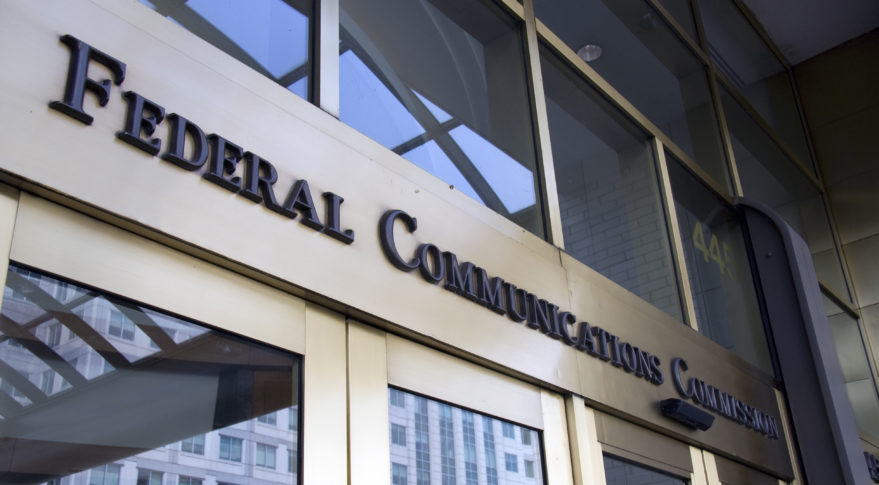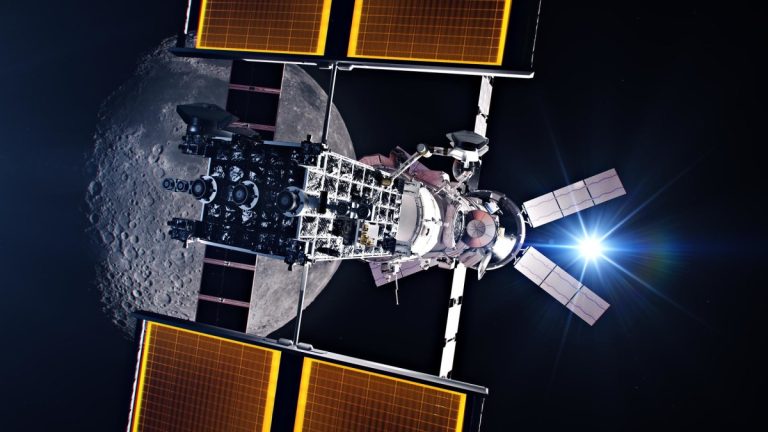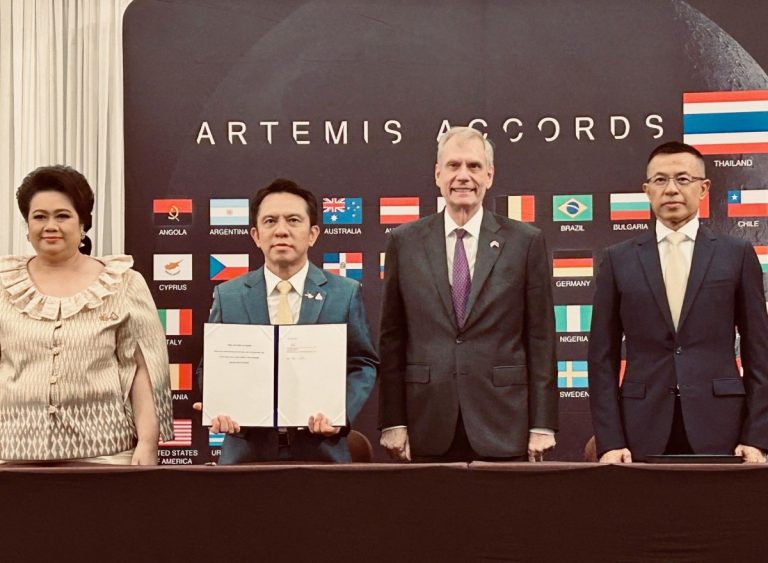
TAMPA, Fla. — The top Democrat and Republican on the House Energy and Commerce Committee introduced bipartisan legislation Dec. 8 to reform the Federal Communication Commission’s satellite licensing rules.
House Energy and Commerce Committee Chairman Frank Pallone, Jr. (D-N.J.) and the ranking member, Rep. Cathy McMorris Rodgers (R-Wash.), said their legislation is needed to modernize the FCC for the rapidly changing space industry.
Their two bills — the Satellite and Telecommunications Streamlining Act and Secure Space Act — seek to update regulations covering foreign ownership, space sustainability, license processing timelines, and satellite spectrum sharing.
The streamlining bill was introduced by Rodgers and co-sponsored by Pallone, while the security bill was introduced by Pallone and co-sponsored by Rodgers.
Amid unprecedented demand from companies seeking to deploy constellations in non-geostationary orbit, the proposed rules include giving the FCC defined deadlines for processing satellite license applications for the first time.
“To make sure the U.S. — not China — continues to lead this global industry, we must streamline our regulatory processes to unleash innovation while also ensuring our laws fully protect the American public,” Pallone and Rodgers said in a joint statement.
Several technical changes were made to the bills since discussion drafts were circulated in February, including stricter requirements for a minor license change to qualify for automatic approval.
FCC Commissioner Nathan Simington, a Republican, said he supported the legislation in a Dec. 8 statement.
“There is an insatiable hunger for low-latency, high-bandwidth broadband connections in every corner of the U.S. that satellite broadband providers are racing to feed,” Simington said.
Satellite companies also “offer an unprecedented variety” of other services, he added, with more businesses and technologies emerging daily.
“We must therefore ensure that we do not delay U.S. leadership by allowing providers of these invaluable services to get bogged down in the regulatory process,” he said.
The FCC launched its own process in December 2021 to update its spectrum licensing procedures, and recently said it planned to set up a dedicated bureau to handle its increasing work with space systems.
The legislation has to clear many hurdles before reaching the President for consideration on its way to potentially becoming law, including passing votes at both houses of Congress.








